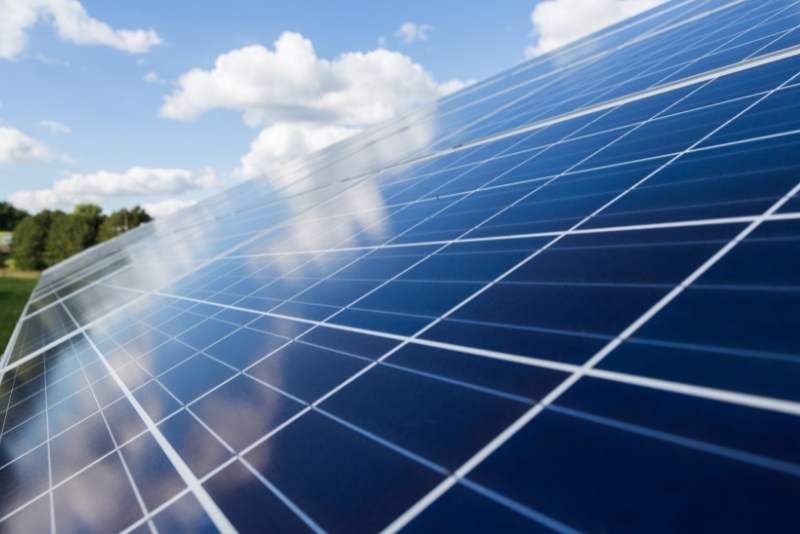Home fires are scary, and attaching an intricate system of panels designed to collect solar energy and funnel it into a home’s electrical system seems like the kind of thing that could end up catching fire, right? Well… sort of.
Solar panels can and sometimes will break, and that damage can leave them vulnerable to shorts and other potential fire hazards. But there are also things you can do to keep your solar panels clean and working their best, not only as a means to keep their energy production at peak levels but also to spot potential hazards before they become realized.
The thing about fire, particularly when it comes to electrical devices of any kind, is that total prevention is never a guarantee. A lot can influence whether or not a phone, desk fan, power outlet, or solar panel will short out, spark, start to smolder, etc. So a more apt question would probably be: Are solar panels more prone to catching fire than other electrical systems?
Solar panels and fire risks
The short answer is that, yes, solar panels can catch fire (and have in the past). However it’s not so much an inherent risk of solar technology so much as the general possibilities of fires with any electrical system.
A German study funded by the U.S. Department of Energy, Solar Energy Technologies Office took stock of documented solar-related fires throughout 2013. It found that roughly 210 reports of fires were the direct result of the system itself (i.e. not caused by outside factors). The thing is, that’s 210 fires reported from an estimated 1.3 million solar systems that had been running in the country at that time — meaning approximately 0.016% of Germany’s solar systems in 2013 experienced fires caused by their own components. Contrast that with residential electrical fires in the U.S. from the same year, for example, and you’re looking at around 23,000 fires across 122.46 million homes — which equates to electrical fires in about 0.018% of homes in 2013. It’s worth noting that solar panels have changed a lot over the years, but fire safety regulations have evolved right along with them to reduce risk.
The point of all this math is that, when you look at overall percentages, solar systems are just about as susceptible to fires as a non-solar home’s own electrical system. They’re not necessarily “safer” but they also aren’t more of a risk. Just like with any home’s electrical system it all comes down to how it was put together.
Preventing solar panel fires
The most common causes of fire in solar energy systems are bad design, defects, and improper installation. That indicates there’s no particular item you can buy and install to mitigate the risk of fire caused by solar panels. Instead, it’s all about taking precautions and following safety guidelines during the installation process, along with regular care and maintenance.
When installing a solar system, always work with a certified expert who will adhere to your area’s standards and practices. Of course, you’ll want to avoid using any defective components, but these can be trickier to spot if the problem is internal or occurs at the manufacturing level. It’s also a good idea to have the solar panels installed on a roof that uses non-combustible materials or have the installer add a fire-resistant layer to the roof before attaching the panels.
Regular cleaning and maintenance are also super important as they can catch and address potential fire risks (leaves, bird droppings, weather damage, etc) before they become a problem. Assuming your home’s panels are safely accessible, you can probably handle basic cleaning on your own (though be sure to check and follow official instructions before attempting). However, yearly system check-ups by a professional are also recommended. It’s also a good idea to label which power lines connect to your solar system so firefighters can locate and shut down the necessary circuits quickly if a fire ever does happen




